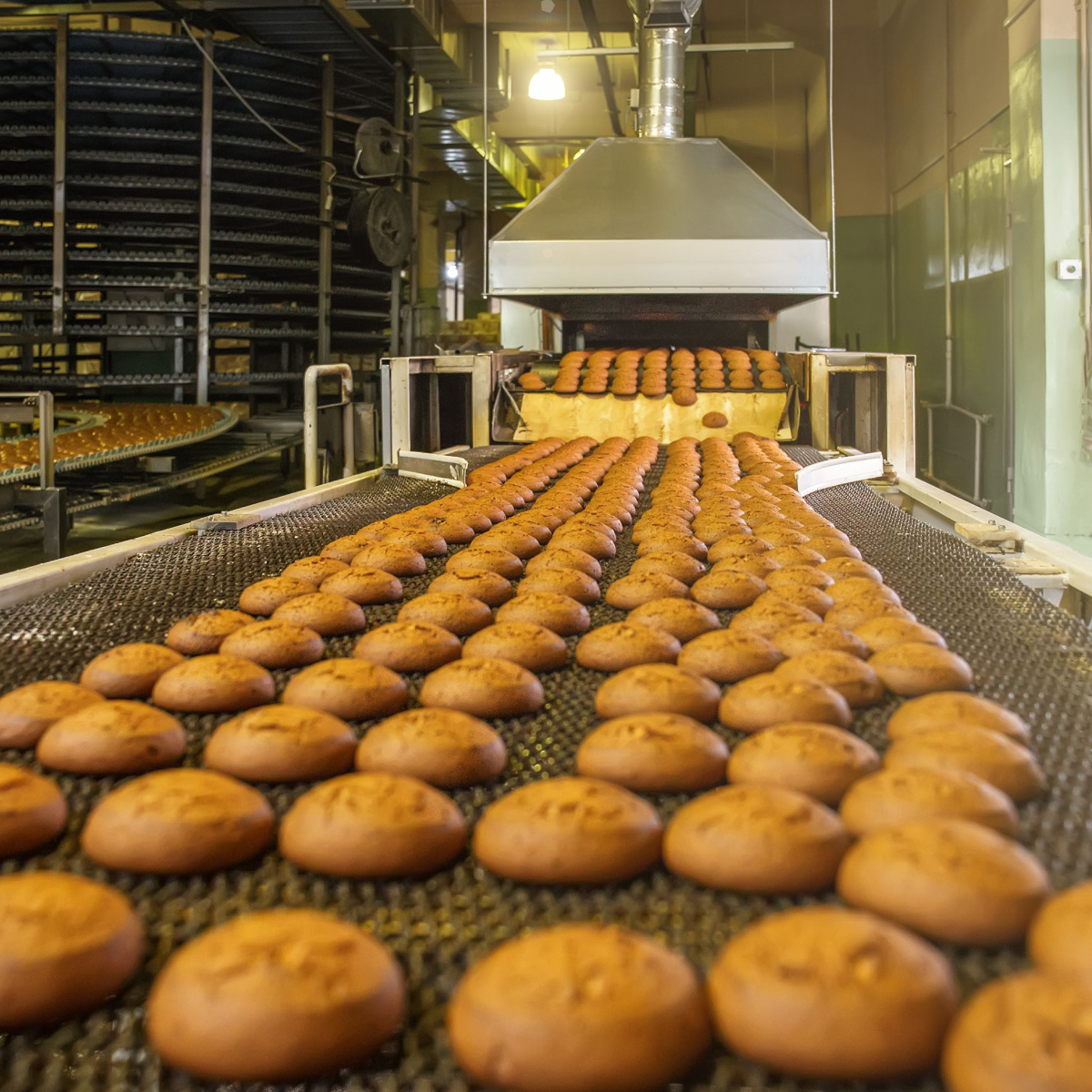
Processed Sugary Foods
Eliminating processed sugary foods from one's diet can significantly contribute to achieving a flatter stomach. These foods, laden with refined sugars and artificial additives, can lead to inflammation, water retention, and bloating, giving the appearance of a distended midsection. Excessive sugar intake also prompts the release of insulin, which, over time, may contribute to insulin resistance and increased fat storage, particularly around the abdominal area.
"Processed foods, especially those high in added sugars, can lead to bloating and water retention. Additionally, they are often calorie-dense and low in nutrients, contributing to weight gain," says Afzal. He further notes that "reducing processed and sugary foods can help reduce excess calorie intake, minimize water retention, and promote weight loss, potentially leading to a flatter belly."
Soda and Sugary Beverages
Eliminating soda and sugary beverages from your daily intake can play a pivotal role in achieving a flatter stomach. These beverages, often high in added sugars and empty calories, contribute to bloating, water retention, and increased fat accumulation, especially in the abdominal area. The rapid influx of sugar prompts an insulin response, potentially leading to insulin resistance and a propensity for fat storage.
"Sugary beverages are a significant source of empty calories and can cause bloating due to carbonation and excess sugar. They can also contribute to insulin resistance and fat accumulation around the abdominal area," Afzal says.
He states that eliminating soda and sugary beverages from your diet can lower calorie intake, enhance hydration through water or herbal tea, and contribute to stabilizing blood sugar levels. These changes may ultimately contribute to achieving a flatter stomach.
Refined Carbohydrates
Removing refined carbohydrates from your diet can be instrumental in achieving a flatter stomach. Refined carbs, found in white bread, pastries, and processed foods, often lead to a rapid spike in blood sugar levels, triggering insulin release and promoting fat storage, particularly in the abdominal area.
Afzal says "refined carbohydrates like white bread, white rice, and sugary cereals can lead to spikes in blood sugar and insulin levels, promoting fat storage, especially in the abdominal area."
He suggests substituting refined carbohydrates with whole grains like whole wheat bread, brown rice, and quinoa can contribute to stabilizing blood sugar levels and diminishing abdominal fat.
Fried and Greasy Foods
These types of foods, often high in unhealthy fats and calories, can contribute to bloating, water retention, and weight gain, particularly in the abdominal region. Fried foods also tend to be more challenging for the body to digest, potentially leading to discomfort and a sluggish metabolism.
"Fried and greasy foods are high in unhealthy fats and calories. They can slow down digestion and lead to feelings of fullness and discomfort. Reducing or eliminating fried and greasy foods can lead to easier digestion, reduced calorie intake, and a decreased risk of bloating and discomfort," says Afzal.


